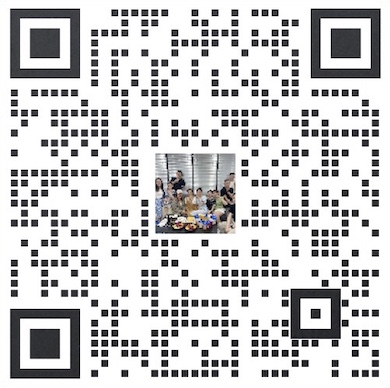
7x9小时
9:00am - 6:00pm
免费售前热线
13338363507
Data Ownership and Access Control: Establishing Clear Protocols in CRM Systems
2024-02-06
In today's digital age, data ownership and access control are critical components of customer relationship management (CRM) systems. With the increasing amount of data being collected and stored by businesses, it is essential to establish clear protocols for data ownership and access control to ensure the security and privacy of customer information.
Data ownership refers to the rights and responsibilities associated with the data collected and stored within a CRM system. It is important for businesses to clearly define who owns the data and what can be done with it. This includes determining who has the authority to access, modify, and delete the data, as well as establishing guidelines for sharing the data with third parties.
Access control, on the other hand, refers to the mechanisms and policies put in place to regulate who can access the data within the CRM system. This includes implementing user authentication and authorization processes to ensure that only authorized individuals have access to the data. Access control also involves setting permissions and restrictions on what specific users can do with the data, such as viewing, editing, or deleting it.
Establishing clear protocols for data ownership and access control in CRM systems is crucial for several reasons. Firstly, it helps to protect the privacy and security of customer information. By clearly defining who owns the data and who has access to it, businesses can prevent unauthorized access and misuse of sensitive customer data.
Secondly, clear protocols for data ownership and access control can help businesses comply with data protection regulations and standards, such as the General Data Protection Regulation (GDPR) in the European Union or the California Consumer Privacy Act (CCPA) in the United States. These regulations require businesses to take measures to protect the privacy and security of customer data, including establishing clear protocols for data ownership and access control.
Furthermore, establishing clear protocols for data ownership and access control can also help to build trust with customers. When customers know that their data is being handled responsibly and securely, they are more likely to feel confident in sharing their information with the business. This can lead to stronger customer relationships and increased loyalty.
To establish clear protocols for data ownership and access control in CRM systems, businesses should start by conducting a thorough assessment of their data assets and identifying who owns the data and who needs access to it. This may involve working with legal and compliance teams to ensure that the protocols align with relevant regulations and standards.
Once the ownership and access requirements have been defined, businesses can then implement the necessary technical and organizational measures to enforce these protocols. This may include implementing role-based access control, encryption, and auditing mechanisms to ensure that only authorized individuals can access and modify the data within the CRM system.
In conclusion, data ownership and access control are critical components of CRM systems that require clear protocols to ensure the security, privacy, and compliance of customer data. By establishing clear protocols for data ownership and access control, businesses can protect customer information, comply with regulations, and build trust with their customers.
↓Scan code to addqiqueadviser↓

↑Learn more digital scenes↑
Extended Reading:
Consent Management in CRM: Navigating Privacy Regulations in Security Transparency in CRM Security Practices: Communicating Policies and Changes Ethical Considerations in CRM Security: Building Trust with Users GDPR Compliance in CRM Security: Protecting Customer Privacy Integrating Sustainability Practices in CRM Security: Reducing Environmental Impact Crisis Communication Strategies in CRM Security Incidents Ethical Considerations in CRM Security Practices: Building Trust with Customers Balancing CRM Security and Innovation: Strategies for Business Growth Regulatory Compliance in CRM Security: Navigating Legal Obligations CRM and Customer Trust: Elevating Security for Lasting Relationships more>>
Useful
Useless
Share on WeChat
Open within mini program
![]()
Open WeChat to "scan" and forward to friends
Open WeChat "Scan" and open it in the mini program
关闭预览


